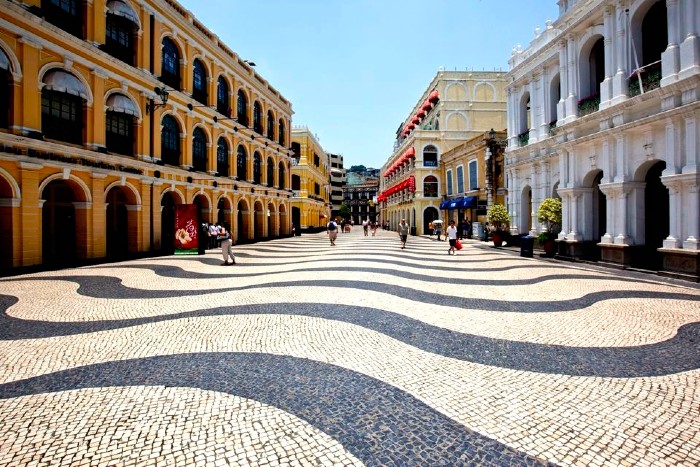The number of staff working in Macau’s hotels fell 15.9 percent year-on-year during the first quarter of 2021. The decline was due to the “severely adverse” impact of the Covid-19 pandemic on the local tourism and gaming sectors.
The Statistics and Census Service (DSEC) released results of the Survey on Manpower Needs and Wages for the first quarter of 2021. Survey coverage for this quarter includes, among others, Hotels and Restaurants.
As affected by the pandemic of novel coronavirus pneumonia, average earnings of full-time employees in March last year were notably dragged down as more employees were on unpaid leave in some industries. Due to the low base of comparison, average earnings in March this year generally increased.
At the end of the first quarter of 2021, Hotels had 49,685 full-time employees, down by 15.9% year-on-year; average earnings (excluding bonuses) of full-time employees in March this year rose by 1.0% year-on-year to MOP18,360.
Restaurants had 23,914 full-time employees, a decrease of 3.9% year-on-year; their average earnings rose by 17.4% to MOP9,600.
At the end of the first quarter, job vacancies in Restaurants (1,108) and Hotels (626) decreased by 198 and 360 respectively year-on-year, while those in Manufacturing (536) increased by 293. Meanwhile, 83.1% and 50.8% of the vacancies in Hotels required knowledge of Mandarin and English respectively.
The job vacancy rate (1.2%) of Hotels dropped by 0.4 percentage points year-on-year in the first quarter, whereas the employee recruitment rate (2.4%) rose by 1.2 percentage points. As for Restaurants, the job vacancy rate (4.4%) decreased by 0.6 percentage points year-on-year, while the employee recruitment rate (4.7%) grew by 2.2 percentage points. The figures implied that some of the vacancies in these two industries had been filled.
During the first quarter, a total of 288,461 employee participants from the surveyed industries attended training courses provided by the establishment (including courses organised by the establishment or in conjunction with other institutions, and those sponsored by the establishment), an increase of 21.4% year-on-year. Hotels had 284,727 participants in vocational training, with most of them taking Services courses (49.6%), followed by Business & Administration courses (41.7%); the vast majority of the participants attended courses during office hours. Besides, the course fees of over 90% of the participants in the surveyed industries, except for Child-care and Elderly Care, were paid by the establishments.
Manufacturing had 8,537 full-time employees, down by 6.0% year-on-year; average earnings in March increased by 9.9% to MOP11,830. Meanwhile, number of full-time employees in Electricity, Gas & Water Supply edged up by 0.5% year-on-year to 1,101, with their average earnings rising by 4.5% to MOP32,630.
Child-care had 1,522 full-time employees, down by 0.5% year-on-year; their average earnings in March grew by 4.0% to MOP16,460. Number of full-time employees in Elderly Care increased by 10.1% year-on-year to 1,140, and their average earnings went up by 0.6% to MOP15,850.











